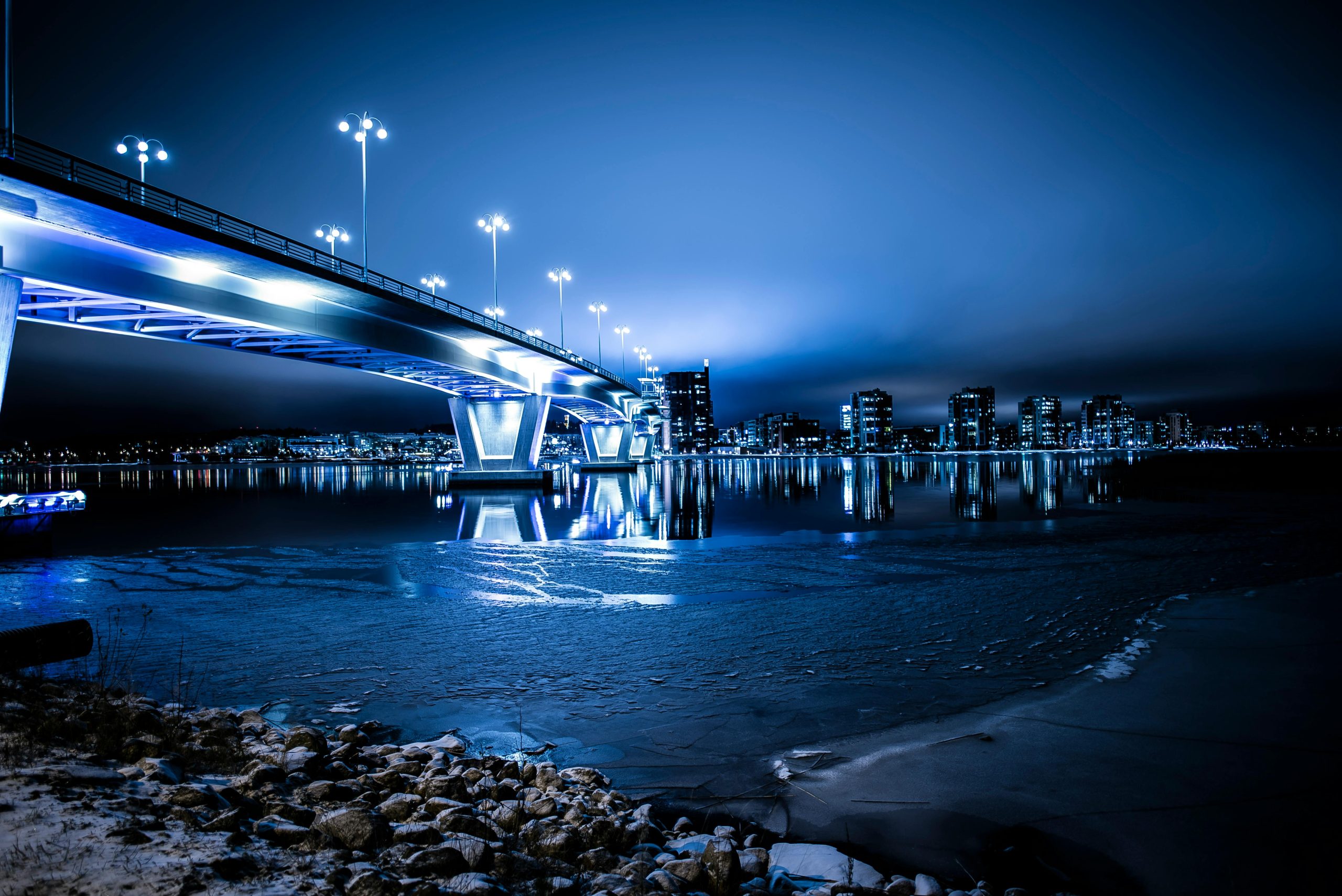Saudi Arabia is transforming its urban landscape with ambitious smart city projects. These initiatives aim to boost sustainability, technology, and quality of life. At the heart of this transformation is Smart Cities in Saudi Arabia, a vision aligned with Saudi Vision 2030. This article explores NEOM, its flagship project The Line, and other innovative urban developments shaping the Kingdom’s future.
What Are Smart Cities?
Smart cities use technology to improve urban living. They integrate artificial intelligence (AI), renewable energy, and data-driven systems to enhance efficiency. In Saudi Arabia, smart cities focus on sustainability, economic diversification, and resident well-being. These cities aim to reduce carbon emissions, optimize resources, and create vibrant communities.
Key Features of Smart Cities
- Renewable Energy: Solar, wind, and green hydrogen power systems.
- AI and IoT: Real-time data for traffic, energy, and safety management.
- Car-Free Zones: Pedestrian-friendly designs to reduce pollution.
- Sustainability: Eco-friendly infrastructure and waste management.
NEOM: The Heart of Smart Cities in Saudi Arabia
NEOM is Saudi Arabia’s most ambitious smart city project. Launched in 2017 by Crown Prince Mohammed bin Salman, it spans 26,500 square kilometers in northwest Saudi Arabia. NEOM aims to be a global hub for innovation, sustainability, and economic growth. Powered by 100% renewable energy, it prioritizes people and nature.
The Line: A Revolutionary Urban Concept
The Line is NEOM’s flagship project. It’s a 170-kilometer-long linear city with no cars, no streets, and zero carbon emissions. Designed to house 9 million people, The Line features two mirrored skyscrapers, 500 meters tall and 200 meters wide. All daily needs are within a five-minute walk, connected by high-speed underground transit. The first 5-kilometer segment is set for completion by 2030, with the full project targeted for 2045.
Other NEOM Regions
-
- Oxagon: A floating industrial hub focusing on AI-driven manufacturing and global trade.
- Trojena: A year-round ski resort with a man-made lake, set to host the 2029 Asian Winter Games.
- Sindalah: A luxury island resort opened in October 2024, featuring an 86-berth marina.
Beyond NEOM: Other Smart Cities in Saudi Arabia
While NEOM leads the charge, other cities in Saudi Arabia are embracing smart urban development. These projects align with Vision 2030’s goal to diversify the economy and reduce oil dependency.
Riyadh Smart City
Riyadh, the capital, is adopting smart technologies to enhance urban services. Initiatives include smart transportation, digital healthcare, and e-government platforms. These efforts aim to improve traffic flow, healthcare access, and administrative efficiency for residents.
Jeddah Economic City
Jeddah is developing a tech-driven economic hub. This project focuses on innovation, attracting startups, and fostering knowledge-based industries. It aims to position Jeddah as a regional leader in smart urban living.
Other Smart City Initiatives
Cities like Makkah, Madinah, and Al-Ahsa are also integrating smart technologies. For example, Makkah uses IoT for crowd management during Hajj, while Madinah focuses on sustainable infrastructure. These projects enhance livability and support Saudi Arabia’s urban transformation.
Why Smart Cities Matter in Saudi Arabia
Smart Cities in Saudi Arabia are critical for several reasons. They address rapid urbanization, environmental challenges, and economic needs. Here’s why they’re important:
-
- Economic Diversification: Smart cities attract tech companies, startups, and foreign investment, reducing reliance on oil.
- Environmental Sustainability: Renewable energy and eco-friendly designs lower carbon footprints.
- Quality of Life: Advanced healthcare, education, and transportation improve resident well-being.
- Global Leadership: Projects like NEOM position Saudi Arabia as a pioneer in smart urban innovation.
Challenges and Criticisms of NEOM
Despite its vision, NEOM faces challenges. Financial constraints have led to scaled-back plans, with the first phase of The Line reduced to 2.4 kilometers. Critics also raise concerns about surveillance, as NEOM plans to collect data from smartphones and facial recognition systems. This has sparked debates about privacy and human rights, given Saudi Arabia’s record. Additionally, the displacement of local tribes, like the Huwaitat, has drawn international scrutiny.
Addressing the Challenges
NEOM’s developers are working to address these issues. They’ve introduced data protection laws and are engaging with global experts to ensure ethical technology use. However, transparency and community inclusion remain key to gaining trust.
How Saudi Arabia’s Smart Cities Compare Globally
Saudi Arabia’s smart cities draw inspiration from global models like Dubai’s Sustainable City and Singapore’s Smart Nation. However, NEOM’s scale and ambition set it apart. Unlike retrofitted cities, NEOM is built from scratch, allowing for bold innovations like car-free zones and AI-driven governance. Still, experts note that achieving these goals requires overcoming logistical and financial hurdles.
People Also Ask: Common Questions About Smart Cities in Saudi Arabia
Here are answers to popular questions about Smart Cities in Saudi Arabia, inspired by Google’s “People Also Ask” section:
- What is NEOM? NEOM is a $500 billion smart city project in Saudi Arabia, featuring The Line, Oxagon, Trojena, and Sindalah, powered by renewable energy.
- Why is Saudi Arabia building smart cities? To diversify its economy, reduce oil dependency, and improve urban living under Vision 2030.
- Is NEOM sustainable? NEOM aims to be 100% powered by renewable energy and preserve 95% of its natural landscape.
- What are the risks of NEOM? Challenges include financial constraints, surveillance concerns, and displacement of local communities.
The Future of Smart Cities in Saudi Arabia
Saudi Arabia is setting a global benchmark with its smart city initiatives. NEOM, with its bold projects like The Line, is redefining urban living. Other cities like Riyadh and Jeddah are also embracing smart technologies, creating a network of innovative urban hubs. While challenges remain, the Kingdom’s commitment to sustainability and technology is clear. By addressing privacy and community concerns, Smart Cities in Saudi Arabia could inspire the world.
Call to Action: Want to learn more about NEOM or explore investment opportunities in Saudi Arabia’s smart cities? Visit the official NEOM website or Vision 2030 portal for updates and insights. For more latest updates follow Know Saudi, most reliable source of information across Saudi Arabia.




